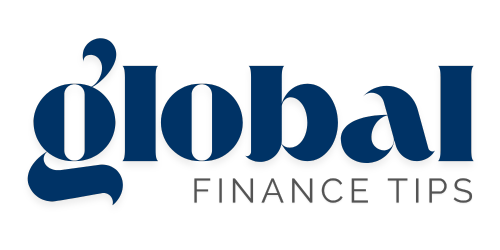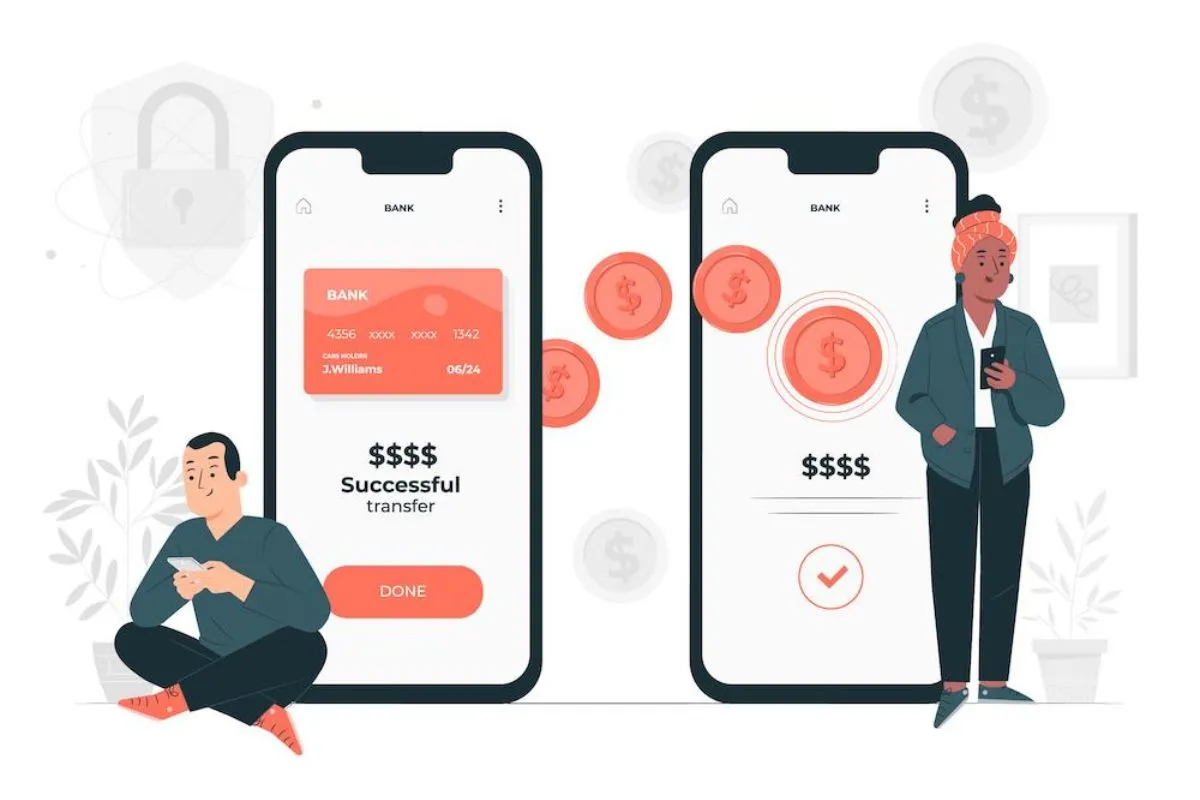Top Financial Tools of 2025: Essential Solutions for Smart Money Management
In 2025, managing finances has become more streamlined and efficient, thanks to a plethora of advanced tools and applications. Whether you’re an individual aiming to budget better or a business seeking comprehensive financial solutions, the right tools can make all the difference. This guide explores the top financial tools of 2025, helping you make informed choices for your financial well-being. 1. Budgeting Applications: Taking Control of Personal Finances Budgeting apps have evolved significantly, offering users intuitive interfaces and powerful features to manage their expenses effectively. 1.1 Quicken Simplifi Quicken Simplifi stands out for its user-friendly design and robust budgeting capabilities. It allows users to track spending, set savings goals, and receive real-time insights into their financial habits. 1.2 YNAB (You Need A Budget) YNAB emphasizes proactive budgeting, encouraging users to allocate every dollar a job. Its educational approach helps users build better financial habits over time. 1.3 PocketGuard PocketGuard simplifies budgeting by showing users how much disposable income they have after accounting for bills and necessities, making it easier to avoid overspending. 2. Financial Planning Software: Strategic Long-Term Management For those looking to plan for the future, financial planning software offers comprehensive tools to project and analyze financial scenarios. 2.1 RightCapital RightCapital provides financial advisors and individuals with tools to create detailed financial plans, including retirement projections and tax planning strategies. 2.2 eMoney Advisor eMoney Advisor offers robust planning tools with real-time data integration, allowing users to visualize their financial future and make informed decisions. 3. AI-Driven Financial Tools: The Future of Financial Management Artificial Intelligence (AI) is revolutionizing financial tools, offering personalized insights and automating complex processes. 3.1 JPMorgan’s Coach AI JPMorgan’s Coach AI assists clients by providing tailored investment advice and automating routine financial tasks, enhancing efficiency and personalization. 3.2 Piere Piere focuses on optimizing savings by analyzing user behavior and suggesting smarter financial choices, helping users maximize their savings potential. 4. Investment Platforms: Empowering Informed Decisions Investment platforms have become more accessible, offering tools for both novice and experienced investors to manage their portfolios effectively. 4.1 Betterment Betterment provides automated investing services, including portfolio rebalancing and tax-loss harvesting, making investing more accessible to the average user. 4.2 Robinhood Robinhood offers commission-free trading with a user-friendly mobile interface, appealing to a younger demographic interested in stock market investing. 5. Financial Consolidation Tools: Streamlining Business Finances Businesses benefit from financial consolidation tools that integrate various financial data sources, providing a comprehensive view of the company’s financial health. 5.1 Cube Cube offers a spreadsheet-native platform that simplifies financial planning and analysis, allowing businesses to consolidate data efficiently. 5.2 Oracle Fusion Cloud EPM Oracle’s solution provides advanced features for financial consolidation and reporting, suitable for large enterprises requiring robust financial management tools. 6. Mobile Trading Apps: Investing on the Go Mobile trading apps have made investing more accessible, allowing users to manage their portfolios from anywhere. 6.1 Fidelity Investments Fidelity’s mobile app offers comprehensive investment tools, including real-time quotes, portfolio tracking, and research resources. 6.2 Merrill Edge Merrill Edge provides a seamless mobile experience with integrated banking and investing features, catering to users seeking a unified financial platform. 7. Savings and Micro-Investing Apps: Building Wealth Incrementally These apps help users save and invest small amounts regularly, promoting consistent wealth-building habits. 7.1 Acorns Acorns rounds up everyday purchases and invests the spare change, making investing effortless for users. 7.2 Digit Digit analyzes spending habits and automatically transfers small amounts into savings, helping users save without thinking about it. 8. Financial Reporting Tools: Enhancing Business Insights Accurate financial reporting is crucial for businesses to make informed decisions and maintain compliance. 8.1 QuickBooks QuickBooks offers comprehensive accounting features, including invoicing, expense tracking, and financial reporting, suitable for small to medium-sized businesses. 8.2 NetSuite NetSuite provides cloud-based financial management solutions, offering real-time visibility into business performance and financial health. 9. Educational Resources: Empowering Financial Literacy Access to quality educational resources enables individuals to make better financial decisions. 9.1 Investopedia Investopedia offers a wealth of articles, tutorials, and financial calculators, serving as a valuable resource for financial education. 9.2 Khan Academy Khan Academy provides free courses on personal finance and economics, helping users build a solid foundation in financial literacy. 10. Security and Privacy: Safeguarding Financial Information With the increasing reliance on digital financial tools, ensuring the security and privacy of financial data is paramount. 10.1 Two-Factor Authentication (2FA) Implementing 2FA adds an extra layer of security, requiring users to provide two forms of identification before accessing their accounts. 10.2 Encryption Advanced encryption methods protect sensitive financial data during transmission and storage, preventing unauthorized access. The financial tools of 2025 offer a range of solutions to meet diverse financial needs. By leveraging these tools, individuals and businesses can enhance their financial management, make informed decisions, and secure their financial future.



